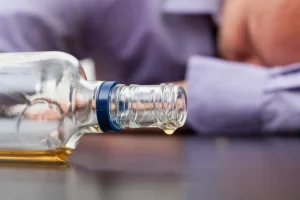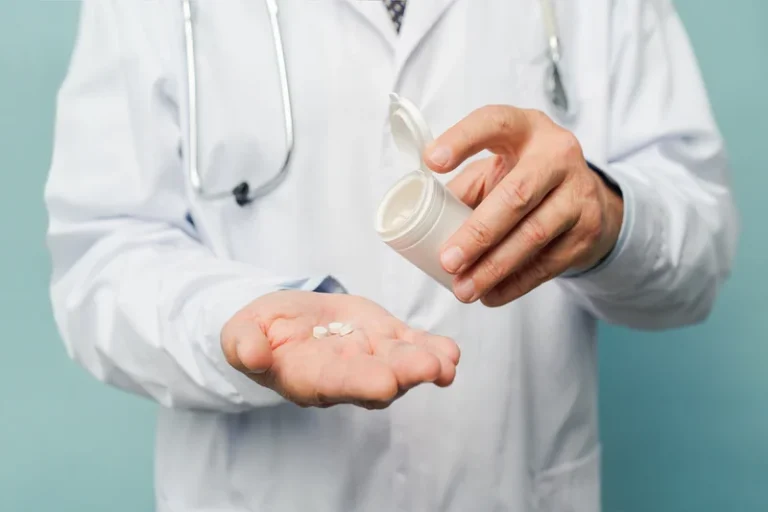Alcohol Withdrawal: How to Get Through It

We can help you or your loved one through the admissions process and begin recovering from addiction. Remove all alcohol from your home or ask a friend or family member to do it for you. This includes beer, wine, and liquor, as well as products that contain alcohol such as rubbing alcohol and vanilla extract. Keep a list of emergency phone numbers on hand that includes contact info for your doctor, the police, a nearby hospital, and someone you trust. And consider joining a support group such as Alcoholics Anonymous.

Foods to Avoid During Alcohol Detox
- Mindful drinking can have a significant impact on reducing alcohol consumption and promoting a healthier relationship with alcohol.
- The acetaldehyde is then converted to acetic acid, a less harmful byproduct that’s finally converted to carbon dioxide and water, and exits the body in the urine.
- Binge or heavy drinking can lead to severe impairment that significantly impacts memory, balance, coordination, decision-making, and impulse control.
- Your body absorbs alcohol more slowly when you have food in your stomach.
- For resources related to AUD, including how to get support, please visit the NIH website.
Having more than that overloads your system with more booze than it can process at once, which is what ultimately causes you to feel drunk and sends your BAC over the legal limit. It’s important to know that no amount of alcohol is considered safe to drink if you’re breastfeeding. But how fast can you get alcohol out of your system according to the Centers for Disease Control and Prevention (CDC), having just one drink and taking the right precautions shouldn’t harm your baby. If you want to minimize your chances of getting drunk, eat something with your drink and alternate between alcohol and a glass of water.

How long does it take for the effects of alcohol to wear off?

Remember that alcohol is absorbed the quickest in your small intestine. Having food in your stomach can slow down the absorption of alcohol while you’re drinking. In most cases, deliberately increasing your blood glucose levels isn’t a good idea. However, the toxins in alcohol actually lower the amount of glucose in your bloodstream, which can lead to hypoglycemia (low blood sugar).
How to get alcohol out of your system faster?
However, those are based on the average strength of each type of alcohol. To ensure you are drinking in moderation, check the strength or percentage of pure alcohol in your drink. This can be trickier to do if you are drinking at a bar or restaurant, but you can use the above as a guideline. My coconut charcoal can also help to bind to potentially irritating proteins, such as casein and gluten. What’s more is that alcohol is packed with sugar, and some drinks such as beer, wine, and champagne are fermented as well.

Experts say we all need at least eight glasses of water every day. However, when your goal is to flush out alcohol from your body, you should drink more of it. This will help wash off the last traces of alcohol in your body and bring delicate tissues back to life. The minute you take in and drink alcohol, the metabolization process starts.
You deserve excellent care and a rewarding life in recovery.
Women have less dehydrogenase, an enzyme that breaks down alcohol in the stomach. This contributes to women reaching higher blood alcohol levels than men despite drinking the same amount of alcohol. Alcohol — or ethanol — tests can detect alcohol metabolites in urine, breath, saliva, sweat and blood for between two and 80 hours.
How Is Alcohol Metabolized by the Body?
Those with a wider circle of support have a better chance of staying sober. Remember you are facing a difficult challenge during alcohol withdrawal, but you are not alone. There are many resources available to help, including peer support groups, counseling, therapy, and inpatient rehabilitation. For those with alcohol use disorder, withdrawal is just the first (but very important) step on a long journey to recovery. These first few weeks are critical because they are when the risk of relapse is highest.
How Long Does it Take to Get Alcohol Out of Your Blood?
This metabolic process is relatively constant, with the liver able to process about one standard drink per hour for an average person. However, this rate can vary based on several factors, including age, gender, liver health, and whether other drugs or medications are present. Therefore, even if you consume only one drink per hour, your blood alcohol concentration (BAC) will continue to increase. If you drink more than one per hour, it rises much more rapidly.
How Your Body Processes Alcohol
But if your liver becomes damaged over time from alcohol, then your liver starts to lose its ability to make those enzymes. On average, the liver can process 1 ounce of alcohol every hour. It may be possible to detect it in the blood for several hours, and in the urine for several days.
BAC reflects the amount of alcohol in a person’s bloodstream, expressed as a percentage, representing grams of alcohol per 100 milliliters of blood. Your body processes alcohol at the rate of around one standard-sized drink per hour, but booze can be detected in your blood, breath, and pee for a long time afterwards. In order to get alcohol out of your system, you have to understand how long it can stay in your body. I mentioned earlier some of the factors that determine how quickly your body processes alcohol.
 We are away from the 05/09/2022 until the 20/09/2022. Orders placed during this time may experience delays. Sorry for any inconvenience
We are away from the 05/09/2022 until the 20/09/2022. Orders placed during this time may experience delays. Sorry for any inconvenience